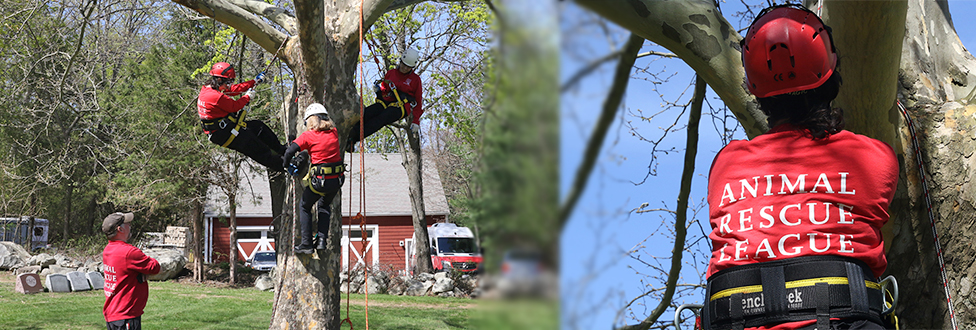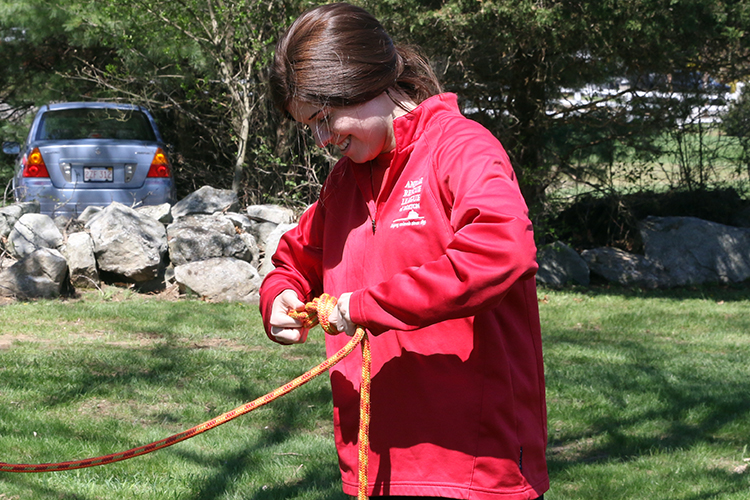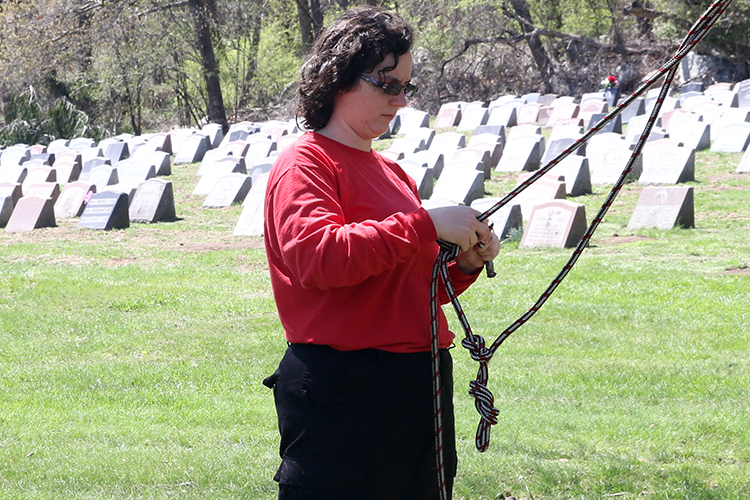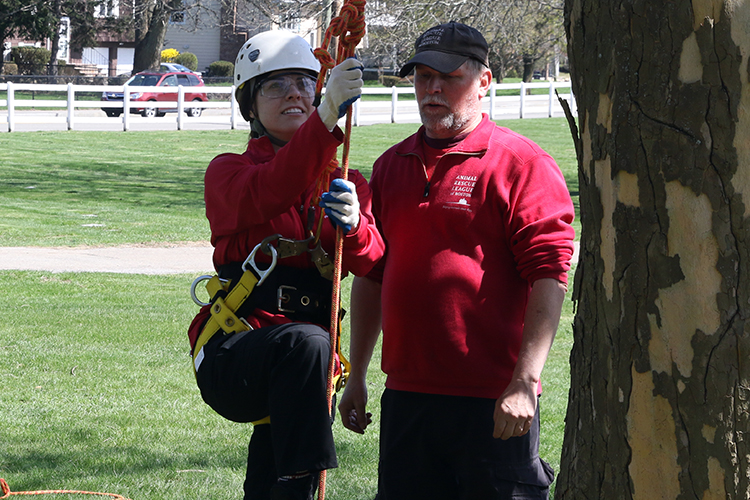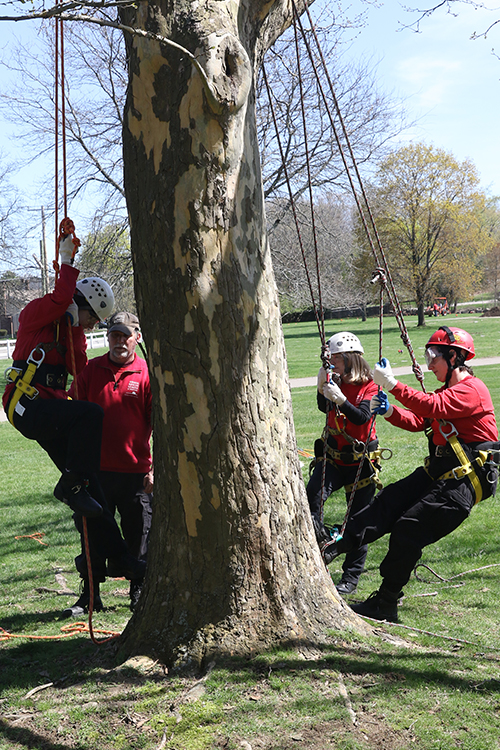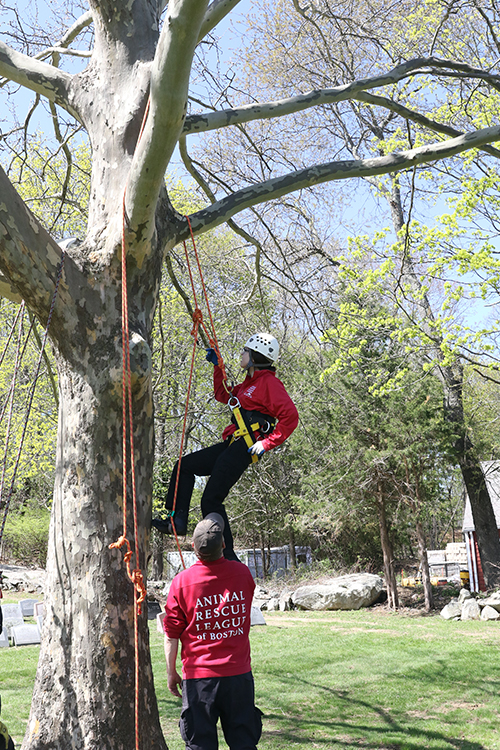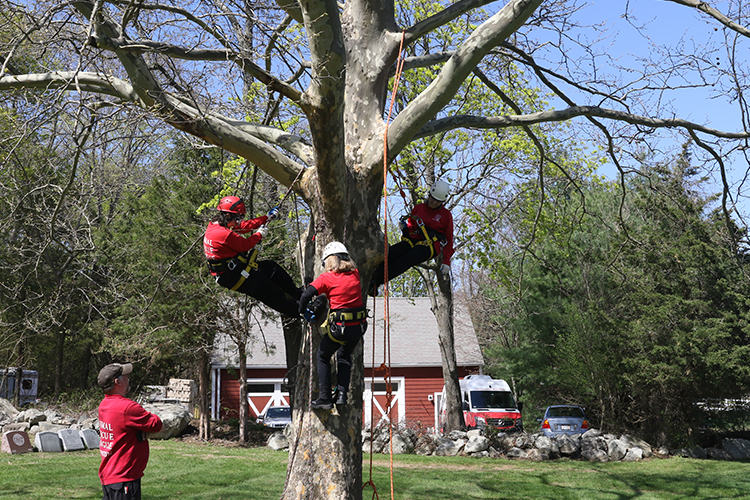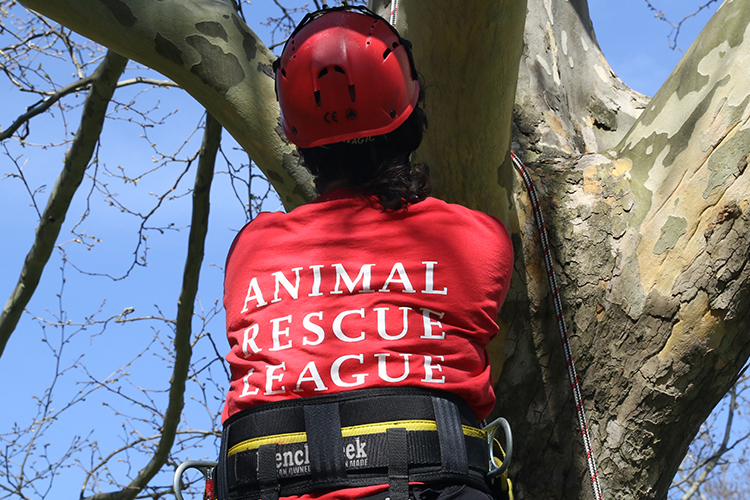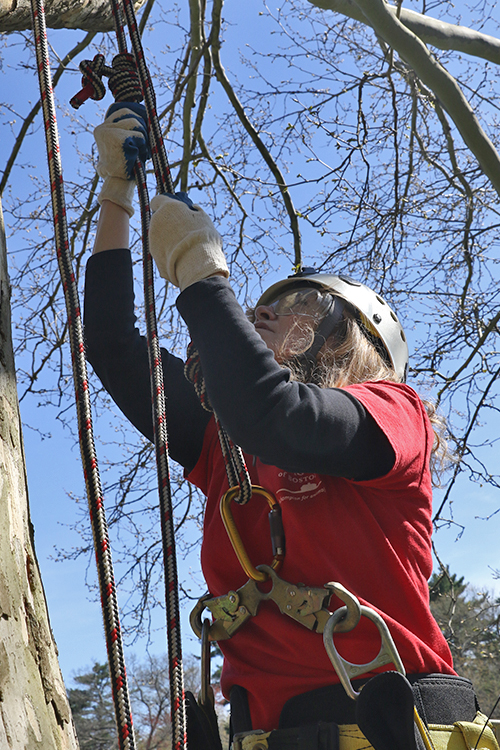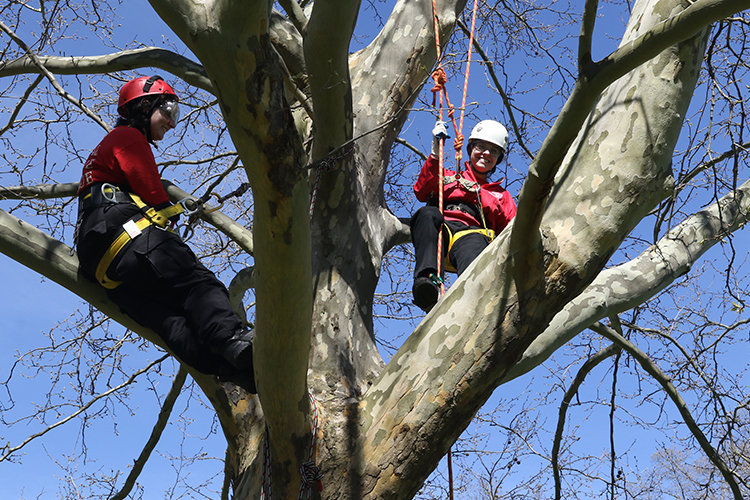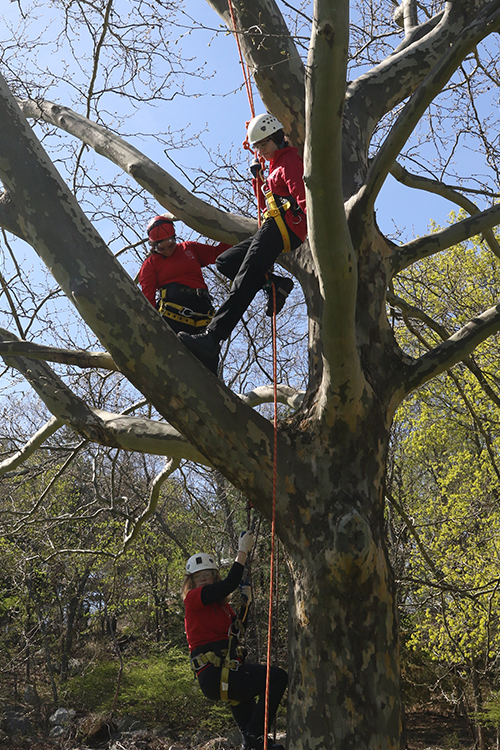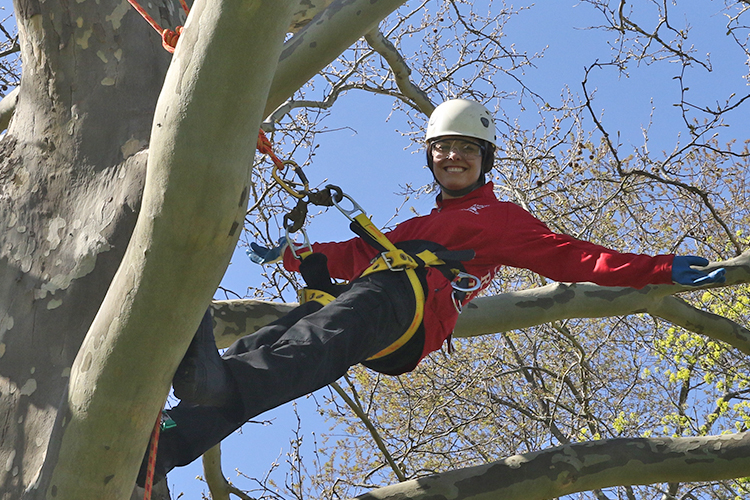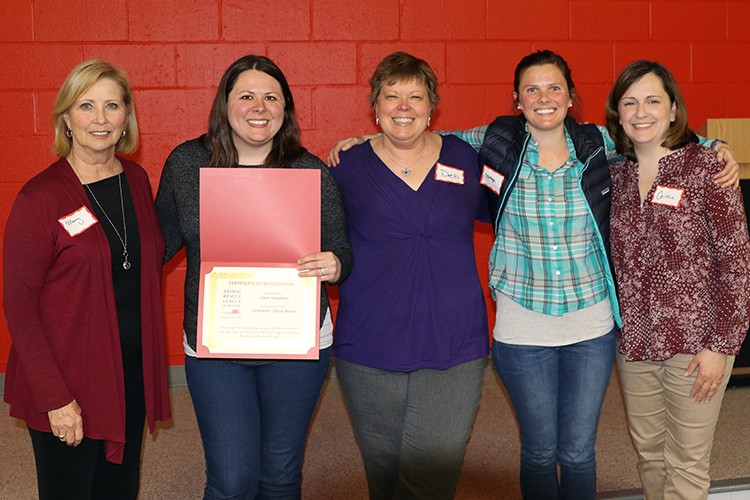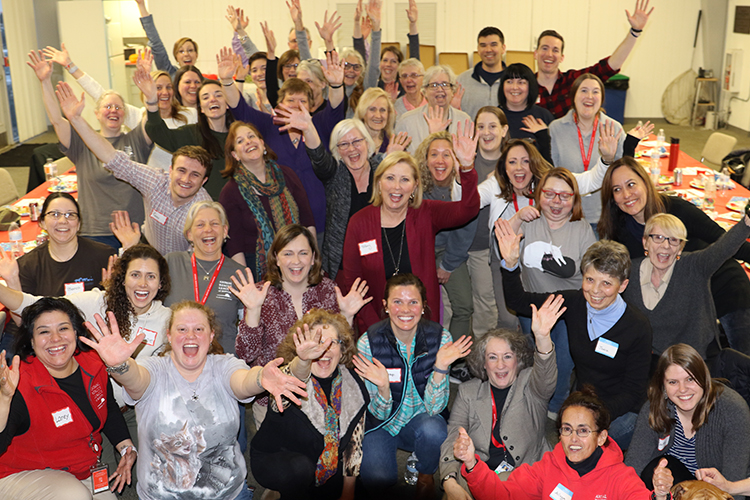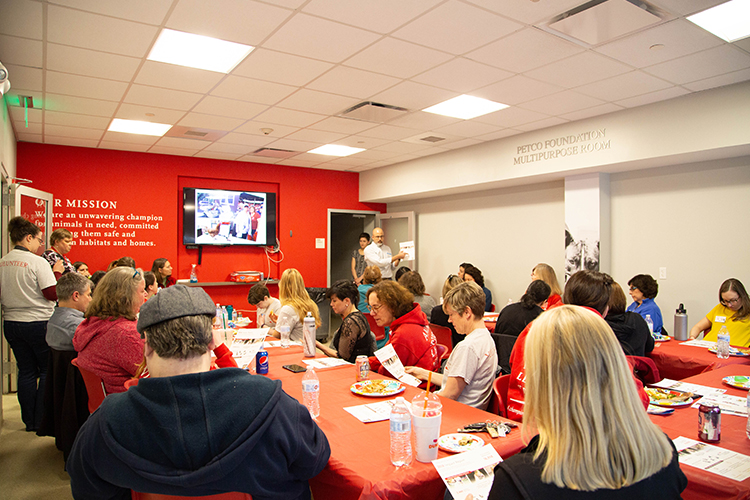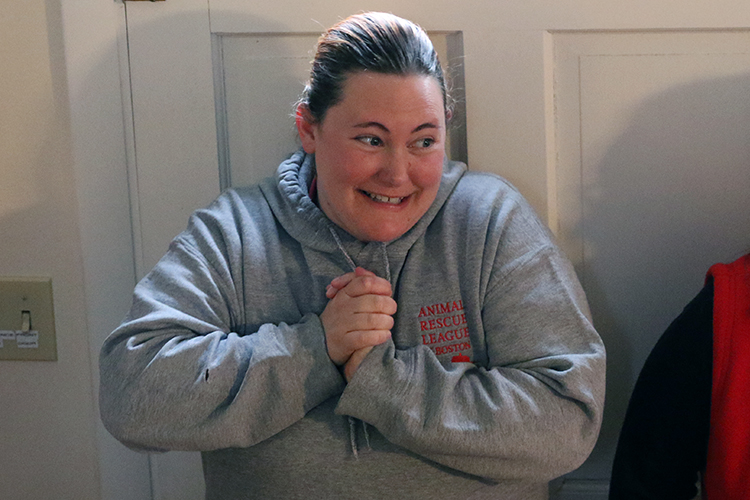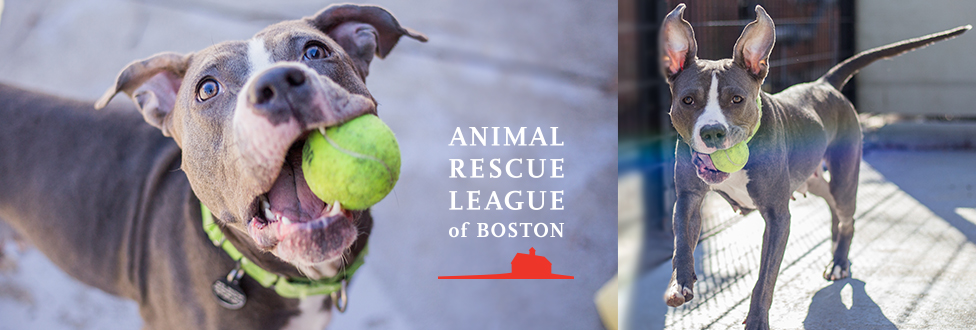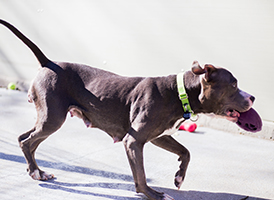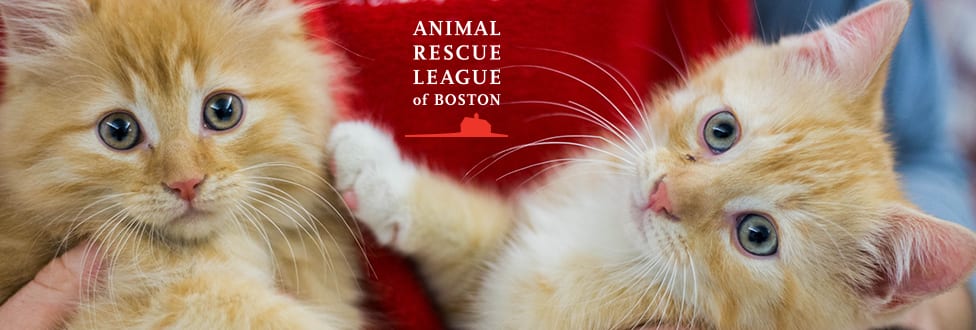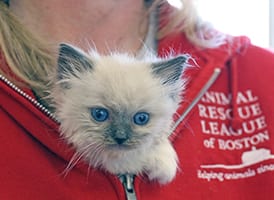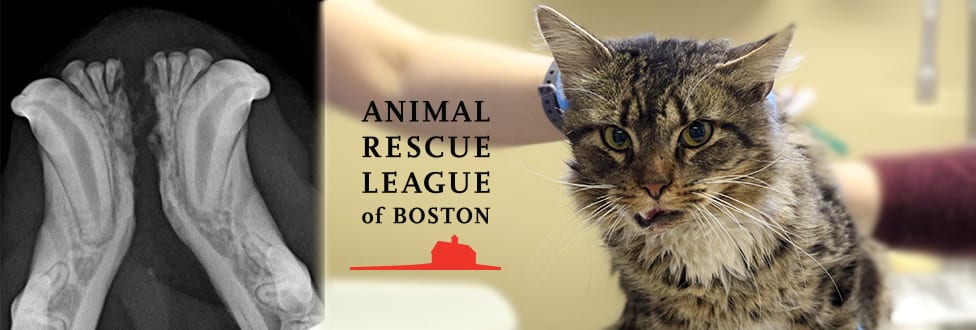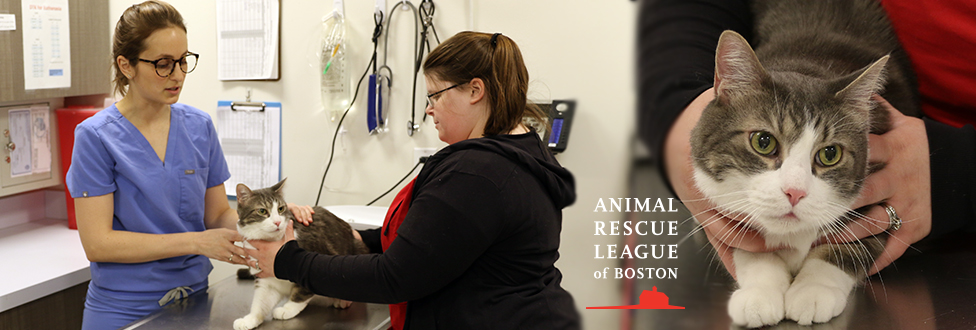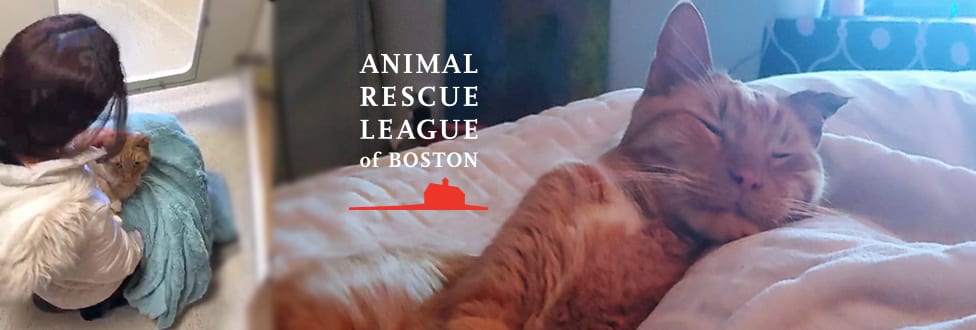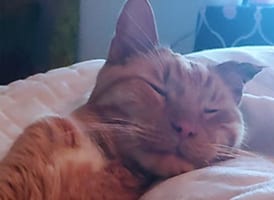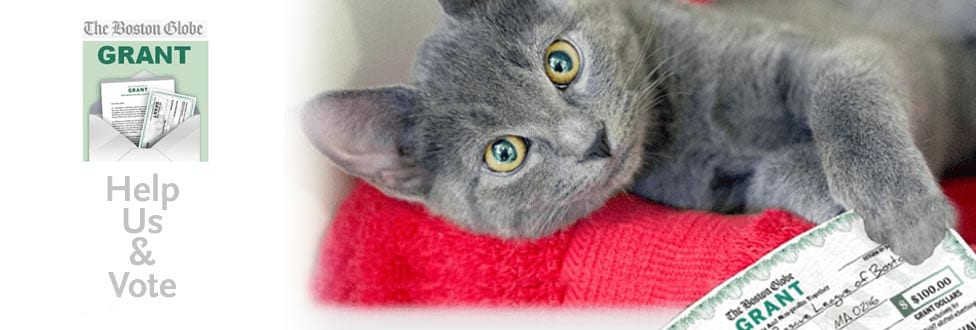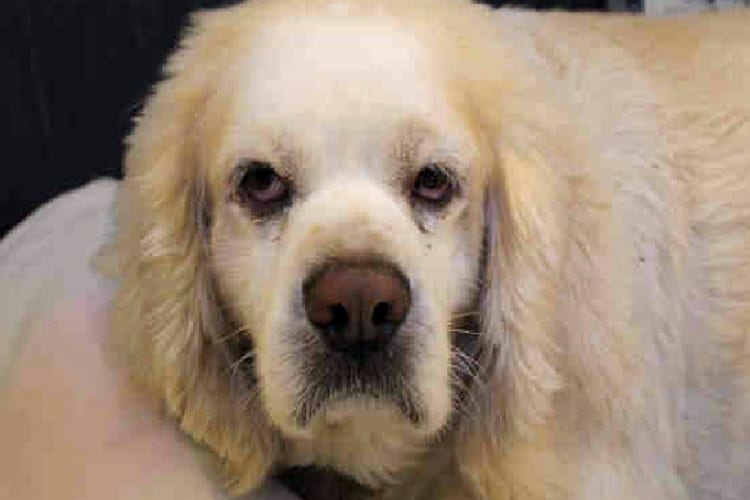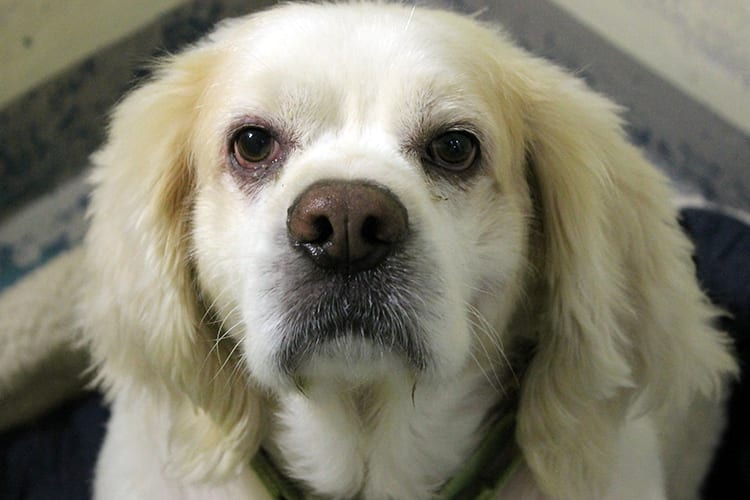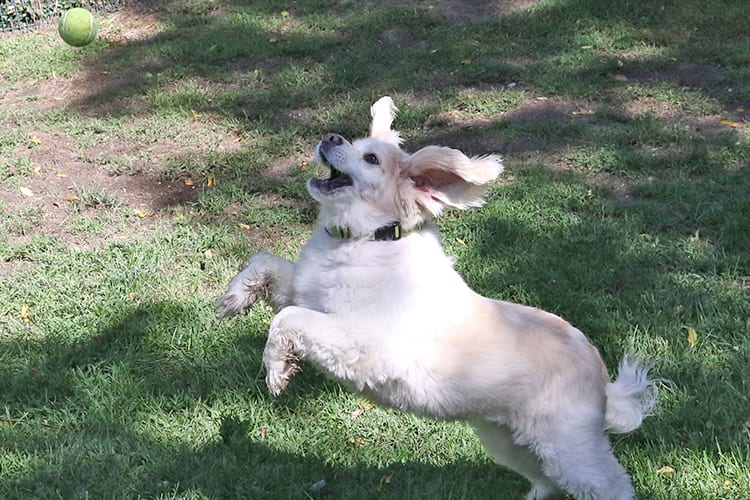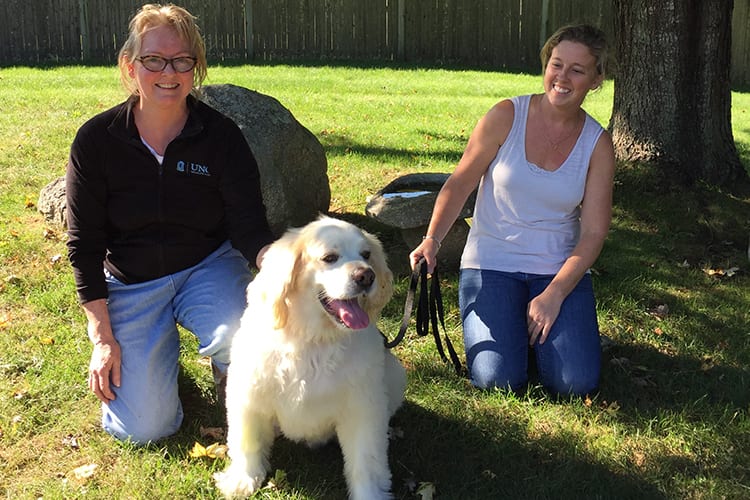ARL Rescue Conducts Tree Training
As the warm weather approaches, the Animal Rescue League of Boston’s (ARL) Rescue Services expects to be busy, particularly when it comes getting cats out of trees. In order to ensure safety of both the staff and the animals they serve, training is essential.
For the past month, those new to technical climbing have spent hours getting familiar with knots, safety harnesses, throw lines and other climbing equipment.
This week the team had the opportunity to put the training to the test – under expert supervision, team members tackled their first tree on the grounds of ARL’s Dedham campus.
To see local news coverage of the training click here!
Weekly training will follow, as this type of climbing is precise and requires repetition, confidence and safety is paramount. Once this is achieved, agents will be ready to get into the field to assist these animals in need of help.
In 2018, ARL Rescue Services assisted more than 1,500 domestic animals and wildlife.
Help is on the way
If you see an animal in distress, contact ARL Rescue Services by calling 617-426-9170. Unfortunately ARL is unable to offer 24/7 services but will respond to an animal’s call for help as quickly as possible.

